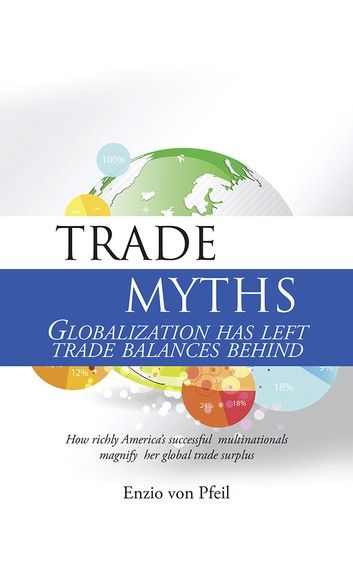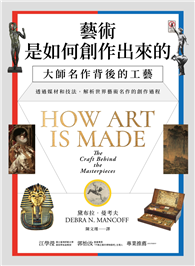This book is about how multinationals affect trade balances. Five trade myths are exploded: 1. imports kill jobs; 2. exchange rates drive trade; 3. trade balances are a purely national matter; 4. (national) trade deficits mean that one is living beyond ones means, and 5. foreigners finance America. These commonly-held concepts of trade balances are based on 15th-century accounting techniques, which vote-hungry, sophistic politicians have latched on to. The result has been two senseless world wars. Working closely with Americas Bureau of Economic Analysis, this book transports trade balance accounting into the 21st century by introducing global trade balances. These are meant to replace those dangerously popular national trade balances based on 15th century Italian Renaissance accounting techniques. Such anachronistic national trade balances lead to protectionism, while global trade balances lead to ever-more open trade borders. This book is relevant for three reasons. First, trade balances are moved in to the 21st century, giving the reader a truly globalized view of trade flows. Secondly, this book is designed to contribute to anti-protectionist rhetoric: global trade balances call for more, not for less inter-national trade. Thirdly, this book provides ammunition against host country protectionism: irked by protectionist trade rhetoric, host countries increasingly are injuring foreign multinationals operating in their country. A glance at recent news emanating from China illustrates this insidious development.












